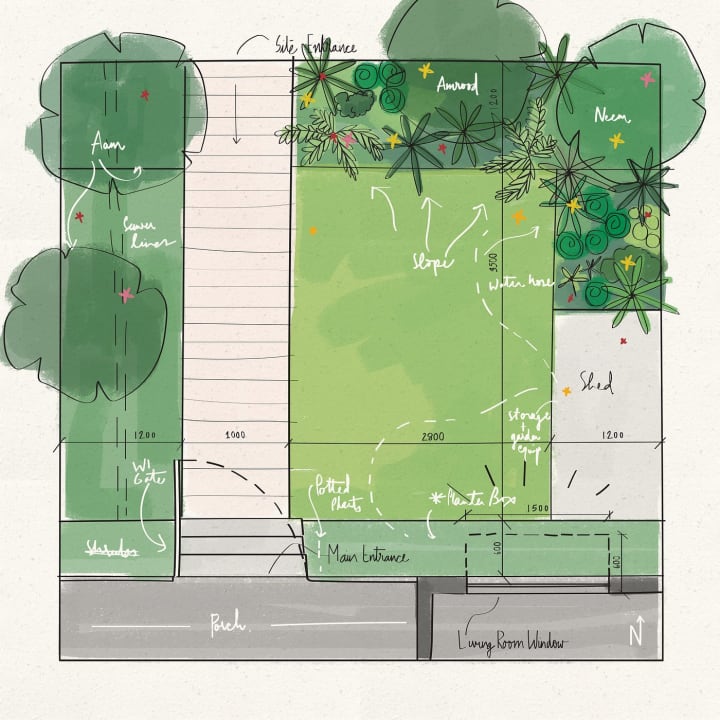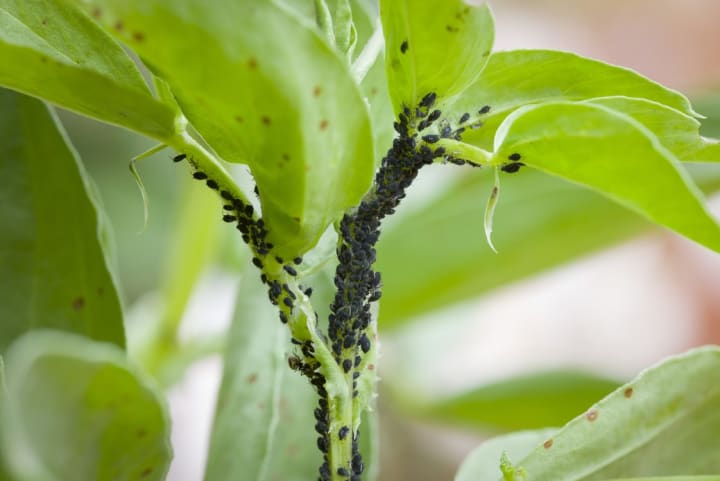Adding Flavors To Your Garden
How To Grow Herbs

Herb gardening is a healthy long-term hobby with a tasty ending. They are a staple in many cultures’ cuisines. It dates back to ancient Egypt, which used herbs for health reasons. Herbs have played a major part throughout history in dishes, politics, and so on. In the Middle Ages, herbs were used to decorate homes and to make them smell nicer. Today, 24 million households in the US grow herbs. An herb is any plant that is used for flavoring, medicine, or perfumes. The reason herbs are so great for beginners is they can grow year-round. Herb gardening can be done by anybody of any age. If you were ever interested in herb gardening, here are some tips to get you started.
Picking The Spot

This is going to decide whether your garden thrives or dies. Herbs need plenty of sunshine, so you’ll need to pick a spot that gets a minimum of six hours of light. Test the soil and pick a spot that contains lots of compost and organic matter with a pH level of 6.5-6.8. You don’t want to use soil that is too compact or sandy. Avoid low-lying areas as these spots are prone to flooding during a severe rainstorm. Roots need oxygen to thrive, so drowning them in water isn’t good. If your home was built before 1978, don’t plant your herbs in the perimeter of the house. This is because the soil here is most likely contaminated with lead from the paint.
Prepping The Ground

Before you start planting, you’ll need to prepare the ground to encourage vigorous root growth. Once you pick a spot, you’ll want to clear away debris, grass, and weeds, leaving a patch of dirt. Next, you’ll need to aerate and loosen the soil by tilling it with a spade or rototiller. At the start, you’ll want to till at least once every 2 weeks until you’ve done it three times. When finished, you’ll want to add fertilizer to the garden. Your garden needs to be 20% fertilizer or have 25 pounds for every 1,000 sq. ft. The reason this is important is that the nitrogen found in it promotes lush green growth. Lastly, you’ll want to add a one-inch layer of mulch on top to help your plants hold water better.
Picking What To Grow

There are plenty of herbs that are great for beginners. Parsley is the most commonly grown herb in America. It’s a mild herb that has many uses in many dishes. Sage has a slightly sweet flavor that is great for cooking. Oregano has a slightly bitter flavor that can produce lovely pink flowers. Coriander has a citrus flavor that turns nutty when you cook it. Other herbs that are great for beginners are dill, fennel, and rosemary. According to the World Health Organization, they estimate that 80% of the world’s population uses herbs for their medicinal properties. To learn how to do this, visit https://vocal.media/lifehack/nature-s-seasonings.
Quenching Their Thirst

Water is an important food source for your herbs. Your garden will need one inch of water a week to keep them nourished. The best time to water them is between 5 a.m. And 10 a.m.. This is because the sun is too weak to evaporate it, the ground is cool enough to absorb it, and things that got damp during the night would be dried out by then. While watering, you’ll want to aim for the ground around the base of the plant. While watering, you want to soak the ground 5-6 inches deep down. Don’t water too lightly, as this will promote shallow root growth. But you don’t want to water too much as this can cause soil erosion, mold development in the mulch, and a thriving ecosystem for pests.
Garden Threats

You’ll need to protect your herbs from common garden threats. Put a one-foot tall fence around your garden to protect them from rabbits, squirrels, and neighbors’ pets to act as a deterrent towards them. You also don’t want to feed them scraps because this will only attract them more. Trim herbs back a foot around the edge of your garden to prevent rats from nesting in them. Pests can be an enormous threat to your garden. Sprinkle garden lime or food-grade Diatomaceous Earth to repel them from destroying your plants. Make a plant-safe bug spray with Dawn dish soap and water. For handling weeds visit https://vocal.media/earth/handling-weeds.
To learn more about herb gardening, visit the Herb Society of America website at https://www.herbsociety.org/.
For more information about gardening in general, visit https://vocal.media/lifehack/growing-some-green-stuff and https://vocal.media/lifehack/doomsday-gardening.
About the Creator
M.L. Lewis
Welcome to my little slice of pie. This blog will primarily focus on prepping and homesteading skills with a sprinkle of fiction every now and then.






Comments
There are no comments for this story
Be the first to respond and start the conversation.